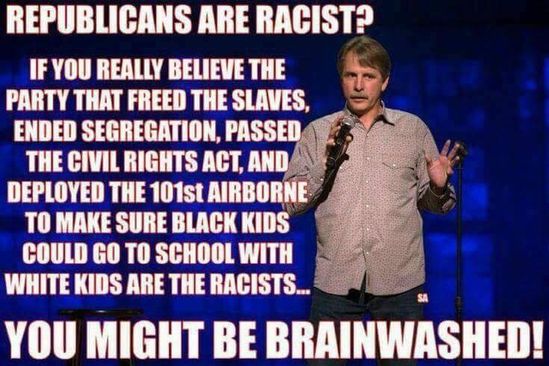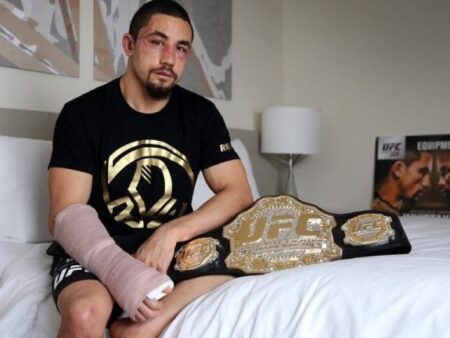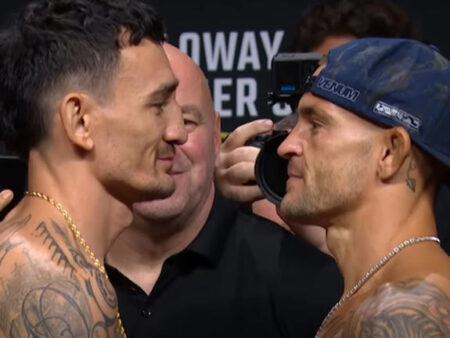
Even as the final whistle sounds and the thrill of victory settles, for some athletes, the battle on the pitch simply shifts to a different, more insidious arena. For Weston McKennie, the talented United States Men`s National Team (USMNT) and Juventus midfielder, a recent win was once again marred by the ugly specter of racial abuse.
A Recurring Nightmare for McKennie
Following Juventus` 2-0 triumph over Parma, a victory that should have been a moment of shared celebration and camaraderie, McKennie, who entered the game late as a substitute, was reportedly subjected to racial taunts while training with teammates. The club`s swift statement condemning the incident highlighted not just the event itself, but a disheartening pattern that has unfortunately become a familiar script.
This isn`t an isolated occurrence for the American midfielder. Just last year, Juventus initiated an investigation into similar accusations when McKennie was allegedly targeted by racist chants from Lazio fans during a Coppa Italia match. Videos circulating at the time appeared to show him being met with monkey sounds as he walked off the pitch. To experience such prejudice once is deplorable; to face it repeatedly suggests a deeper, more systemic issue that football, despite its global appeal and vast resources, seems perpetually challenged to overcome.
Beyond the Individual: A Global Stain
McKennie`s experiences, unfortunately, are not unique. They echo a wider, persistent problem that casts a long shadow over the “beautiful game.” Only a week prior to the Parma incident, a Liverpool fan was arrested following racial abuse directed at Bournemouth`s Antoine Semenyo during a Premier League fixture. These are not just unfortunate footnotes in match reports; they are stark reminders that despite numerous campaigns, educational initiatives, and public condemnations, racism remains an ingrained, ugly truth in football stadiums across the globe.
The irony is profound. Football, often celebrated as a universal language, a unifier that transcends borders and backgrounds, simultaneously harbors pockets of extreme intolerance. The very sport that champions diversity on the pitch, bringing together players from every corner of the world, struggles to protect those players from the very prejudices they often seek to escape in their home countries. It`s a disconnect that many find difficult to reconcile.
The Persistent Challenge of Eradication
Clubs and governing bodies like FIFA and UEFA have long adopted “No Racism” slogans, featuring them prominently on banners, armbands, and pre-match rituals. Yet, the question lingers: are these gestures merely symbolic, or do they translate into effective, deterrent action? While investigations are launched and statements are issued, the continued recurrence of these incidents suggests that the preventative and punitive measures currently in place are insufficient to truly stamp out this behavior.
The challenge is multifaceted, requiring a rigorous, technical approach to its resolution:
- Identification: Pinpointing individual perpetrators within a large crowd remains difficult, despite advancements in stadium surveillance technology.
- Enforcement: Even when identified, ensuring consistent and severe penalties (e.g., lifetime bans from stadiums, legal prosecution where applicable) is crucial but often complex due to varying legal frameworks and club-level policies.
- Culture Shift: The deepest challenge is shifting a minority, yet vocal, segment of fan culture that continues to harbor and express racist sentiments. This requires sustained education, proactive dialogue, and absolute zero tolerance from fellow supporters and club hierarchies alike.
Towards a Truly Inclusive Game
The fight against racism in football is not a spectator sport. It demands active participation from everyone involved: players, clubs, federations, and, crucially, the fans themselves. It means not just condemning abuse when it happens, but creating an environment where it simply cannot thrive, where bigotry is met with an unequivocal rejection rather than passive tolerance.
For players like Weston McKennie, who dedicate their lives to the sport, the pitch should be a sanctuary, a place where talent and hard work are the only metrics that matter. Until football can guarantee this fundamental right to respect and dignity, the game, for all its beauty and global appeal, will remain shadowed by an uncomfortable truth. The silence of the majority, when confronted with the shouts of the bigoted few, is no longer an option. Only collective action and unwavering resolve can ensure that the cheers for athletic prowess never again turn into the jeers of prejudice, allowing the beautiful game to truly live up to its name.









